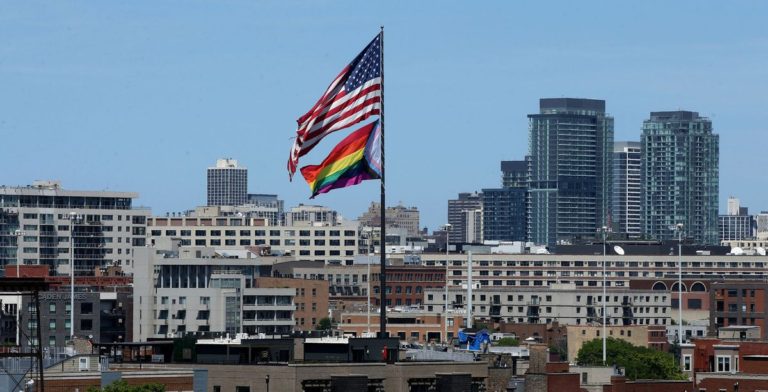

Each state is given a score out of 100 points that is calculated on the basis of 20 economic, legislative and cultural indicators of LGBTQ climate and inclusiveness in five categories: legal and nondiscrimination protections, youth and family support, political and religious attitudes, health access and safety, and work environment and employment. The categories assessed, for example, whether states had gender markers on birth certificates, the frequency of hate crimes, unemployment rates, anti-discrimination protections, and public health measures such as food security, wage gaps, mental wellness and access to gender-affirming medical care.